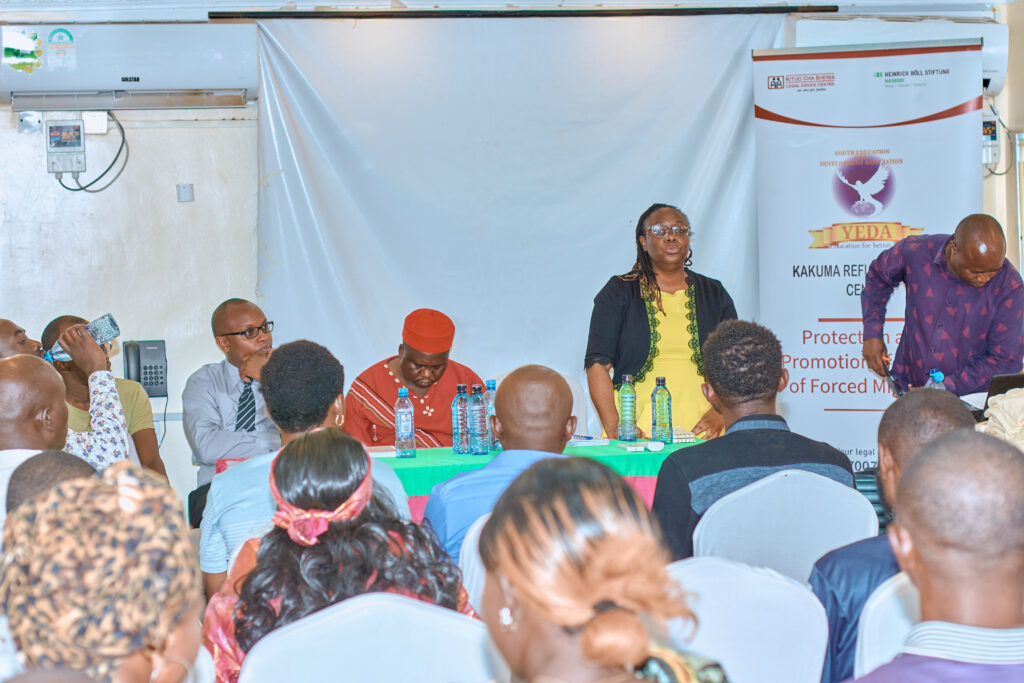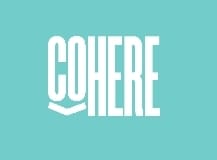YOUTH EDUCATION AND DEVELOPMENT
WELCOME TO THE SERVICE PAGE
YEDA in kakuma refugee camp
this service page will show you all activities run in our organization.
stay in
EDUCATION PROGRAMS
DIGITAL SKILLS & PHOTOGRAPHY
COMMUNITY HEALTH
KIDS PLAY
LIVELIHOOD PROGRAM
SOLAR COOKING
PERMACULTUER
TAILORING
LEGAL AID PROGRAM
Birth and death certificates, police harassment, protection issues, ID and Documentation issues including expired documents as well as delayed issuance of refugee IDs, and accessing business permits.
FOR EDUCATIONAL PROGRAMS
1. Digital Skills
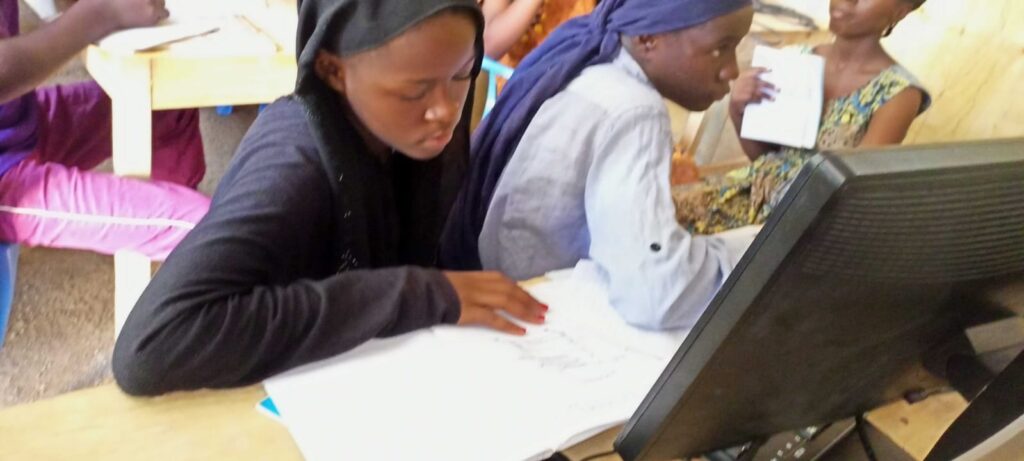
Practice On
Therefore, "Youth Education and Development Association: Catalysts for Digital Empowerment in Kakuma" aptly captures the transformative impact of their work. They are not just teaching computer skills; they are igniting a movement of empowerment, opportunity, and hope within the Kakuma Refugee Camp.
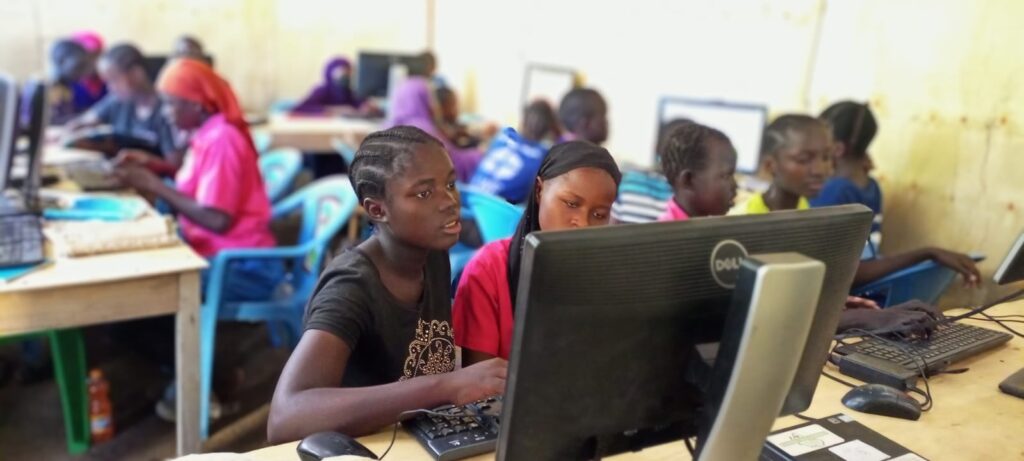
In the challenging environment of Kakuma Refugee Camp, digital skills are more than just technical know-how; they are a lifeline for empowerment. For young refugees, these skills offer a pathway to education, economic independence, and a brighter future.
Access to technology and digital literacy opens doors to a world of information and opportunities. Young people can connect with educational resources, explore diverse cultures, and build global networks. Online platforms provide access to courses, libraries, and mentorship programs, enabling them to continue their education despite limited access to traditional schooling.
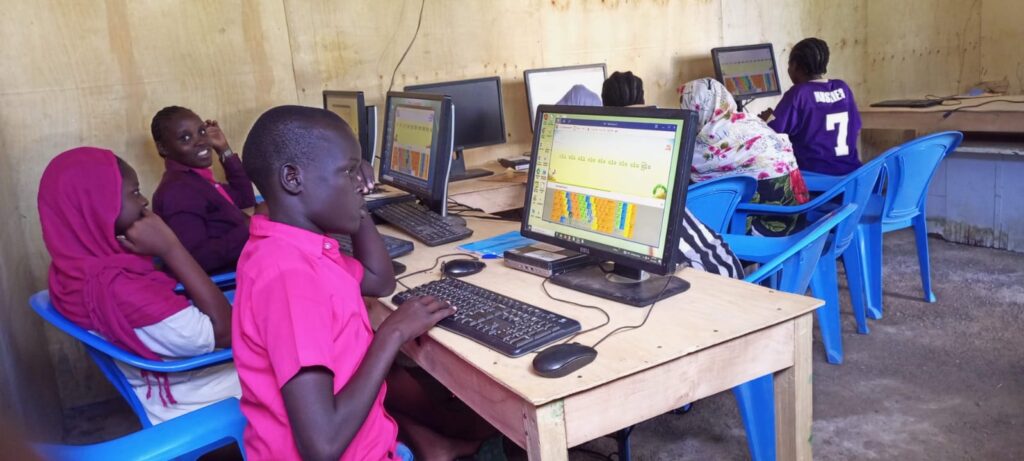
Digital Photography
In the vibrant yet challenging landscape of Kakuma, Turkana County, Kenya, YEDA (Youth Education and Development Association) has introduced a transformative program: digital photography. This initiative transcends mere picture-taking, empowering individuals to become visual storytellers, documenting their realities, and shaping their narratives.
The program fosters creativity and innovation. Participants are encouraged to experiment with different photographic styles and techniques, developing their own unique visual voices. They are given the freedom to explore their surroundings, capturing the beauty and diversity of Kakuma.
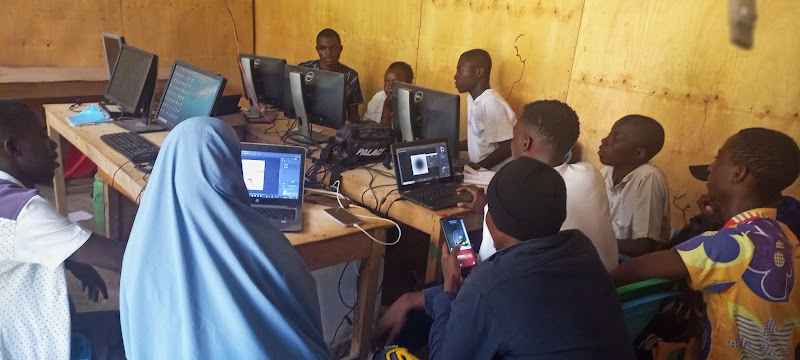

Digital photography also provides a valuable skill for income generation. Participants can use their skills to document community events, create visual content for local businesses, or even start their own photography businesses. This entrepreneurial aspect of the program empowers individuals to become economically self-sufficient.
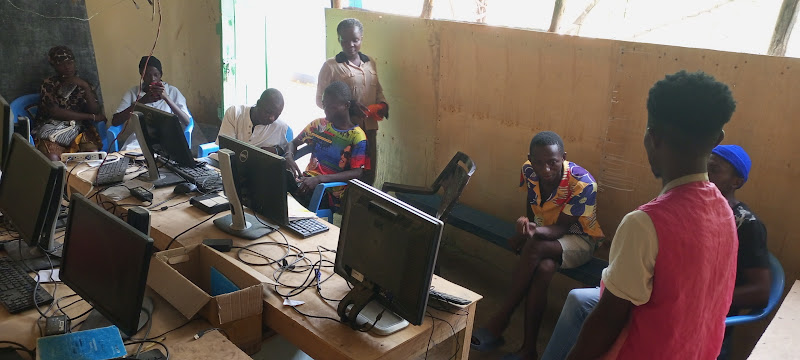

The program fosters creativity and innovation. Participants are encouraged to experiment with different photographic styles and techniques, developing their own unique visual voices. They are given the freedom to explore their surroundings, capturing the beauty and diversity of Kakuma.


YEDA emphasizes the importance of ethical storytelling. Participants are encouraged to document their community with sensitivity and respect.
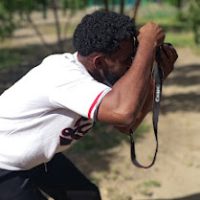
Use photographs to illustrate survey questions and options. Ask participants to rank or choose photographs that represent their experiences or opinions.
They are taught to use photography as a tool for social change, raising awareness about the challenges and triumphs of life in Kakuma.
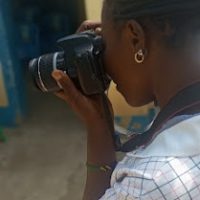
YEDA can effectively gather valuable feedback on its digital photography program and ensure that it continues to empower the community of Kakuma.
It allows them to tell their own stories, on their own terms, and to share their unique perspectives with the world.
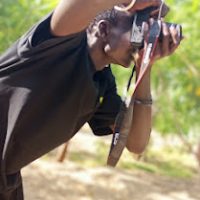
Have participants create a small portfolio of pictures taken before the training and another portfolio of pictures taken after the training. This provides a very clear visual of the improvement of their skills.
2. Community Health
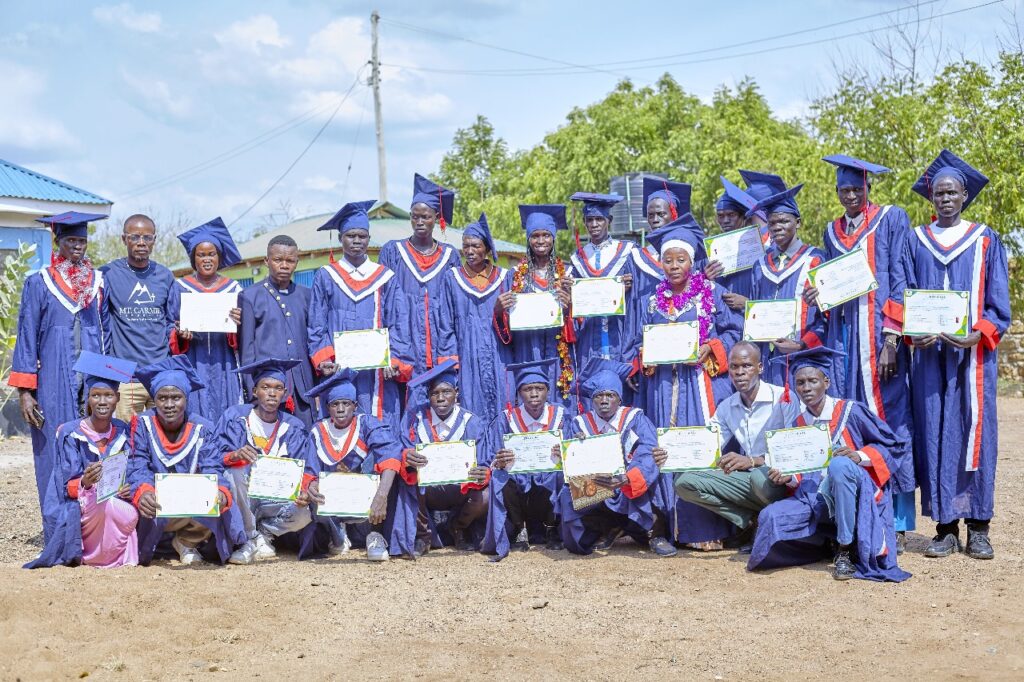
Empowering The Community in community health
YEDA delivers community health training programs tailored to the specific needs of the Kakuma population. This ensures that the information is relevant and practical.
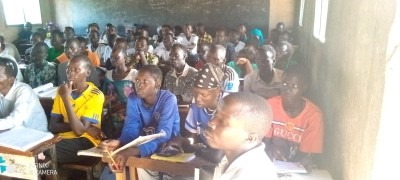
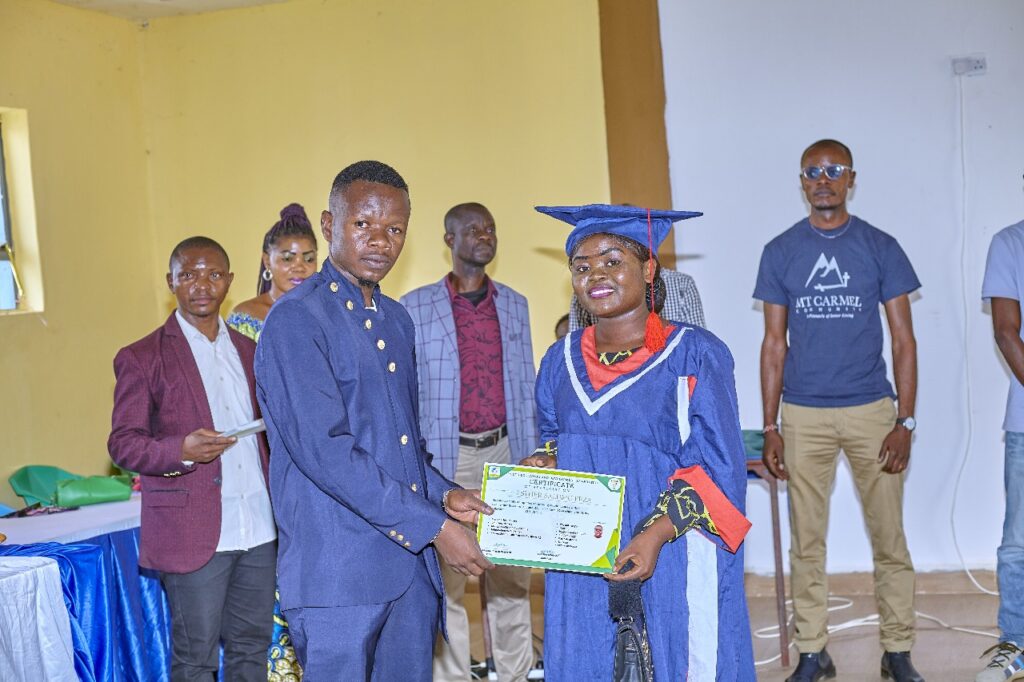
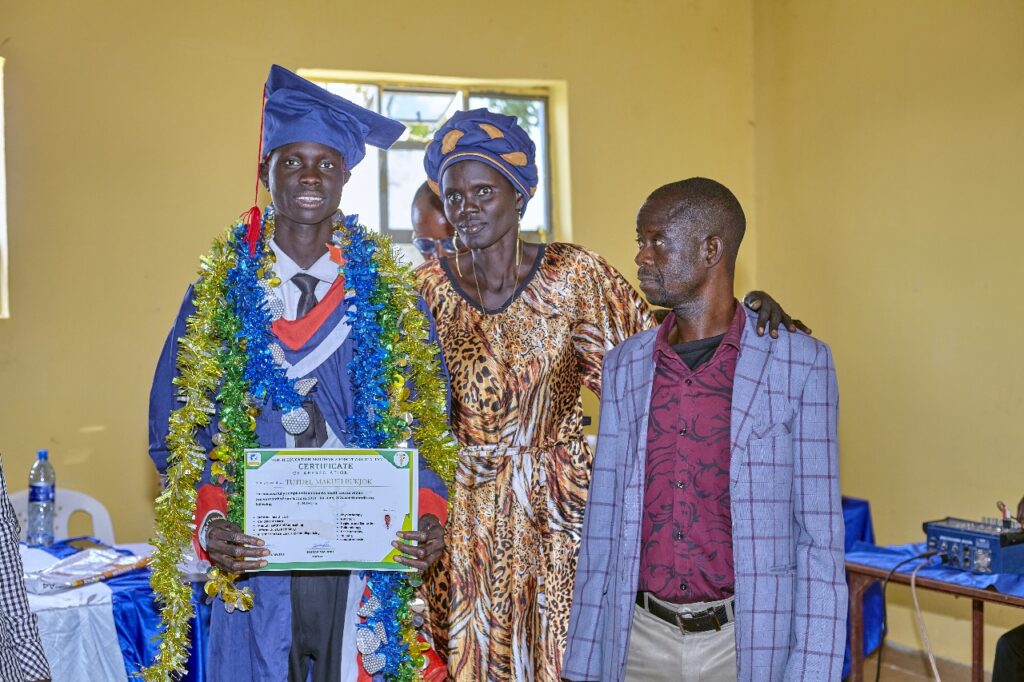
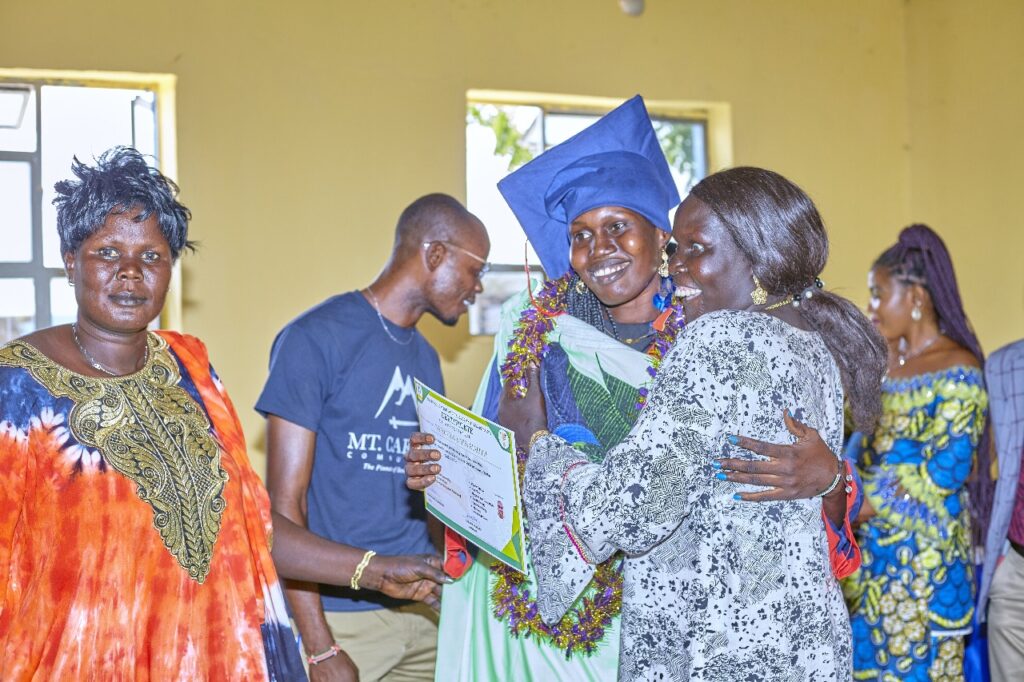
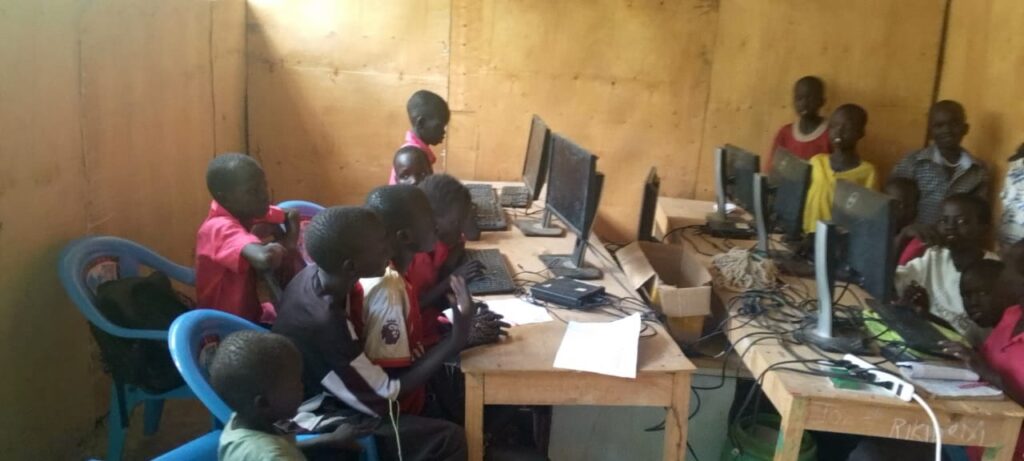
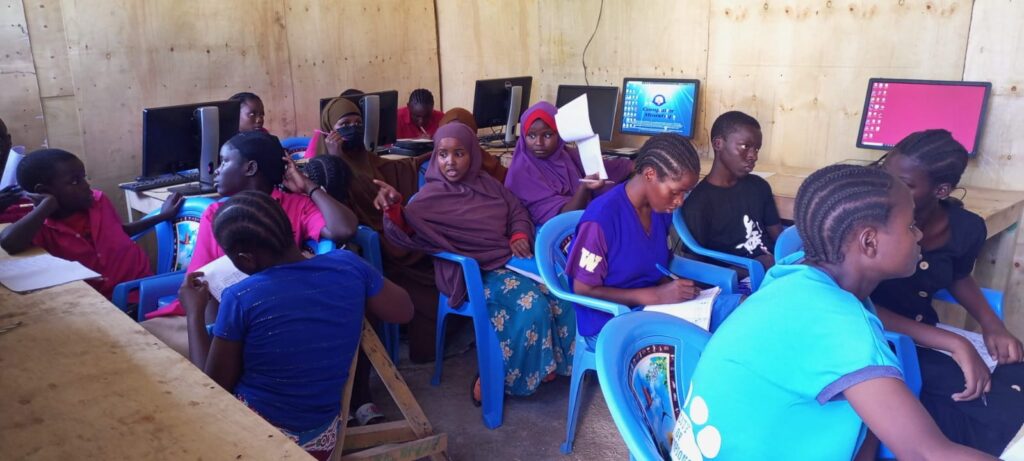

The association acts as a catalyst by introducing crucial community health skills to young people who might otherwise lack access to such knowledge.
When considering the "Youth Education and Development Association" empowering youth in Kakuma Refugee Camp with community health skills, a potent and fitting word is "Catalyst."
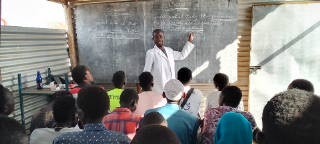
Training session
Training might include topics like hygiene, sanitation, disease prevention, nutrition, and first aid.By empowering community members with health knowledge and skills, YEDA is contributing to the overall well-being of the Kakuma population.
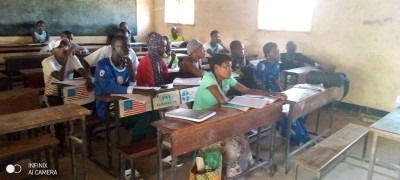
Communication and Social Skills
Play provides a natural setting for children to practice their communication and social skills. They learn to express themselves, listen to others, and understand social cues.
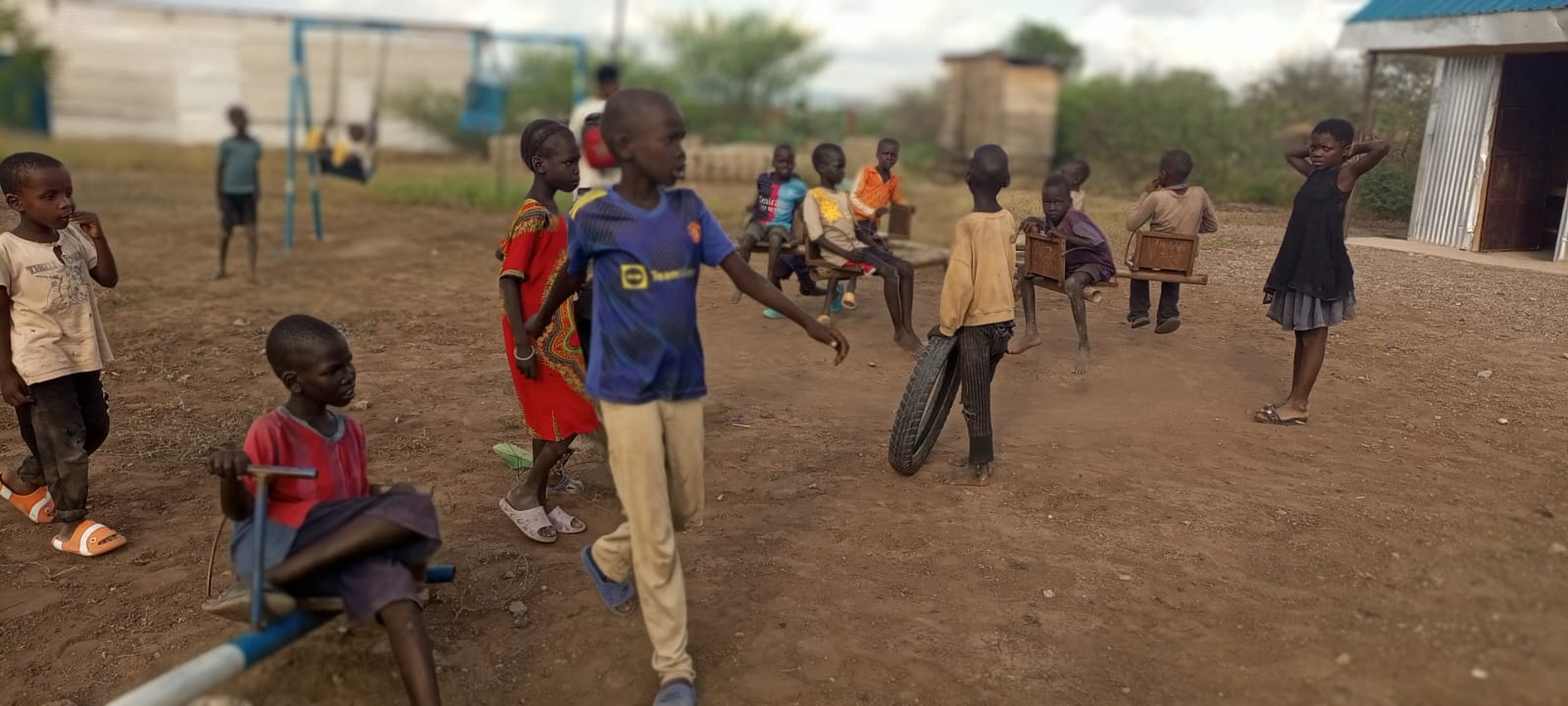
Kids Play
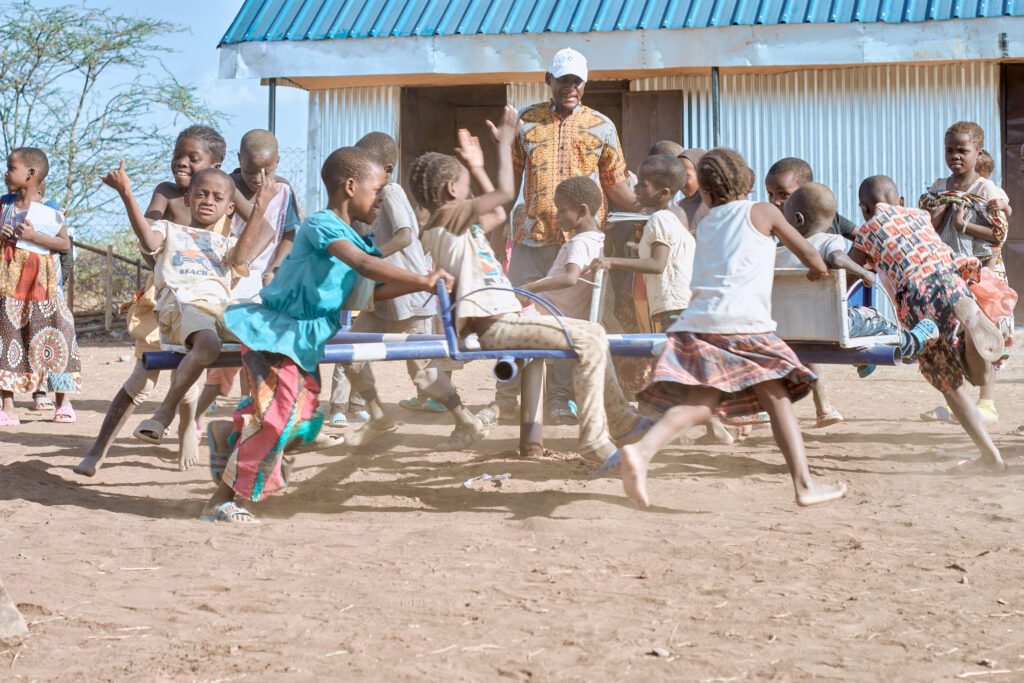
Importance of Kids Play in Kakuma
Psychological Well-being Social Development: Cognitive Development Physical Development Cultural Preservation
Common Interests
Children often gravitate towards play activities that align with their interests. This naturally brings together children who share common passions, forming the foundation for strong friendships.

FOR LIVELIHOOD PROGRAMS
Solar Cooking
YEDA's approach to solar cooking is not merely about distributing technology; it's about building capacity and fostering community ownership. Training workshops equip community members with the knowledge and skills to operate, maintain, and even build their own solar cookers. This hands-on approach ensures the program's long-term sustainability and empowers individuals to become agents of change within their own communities.
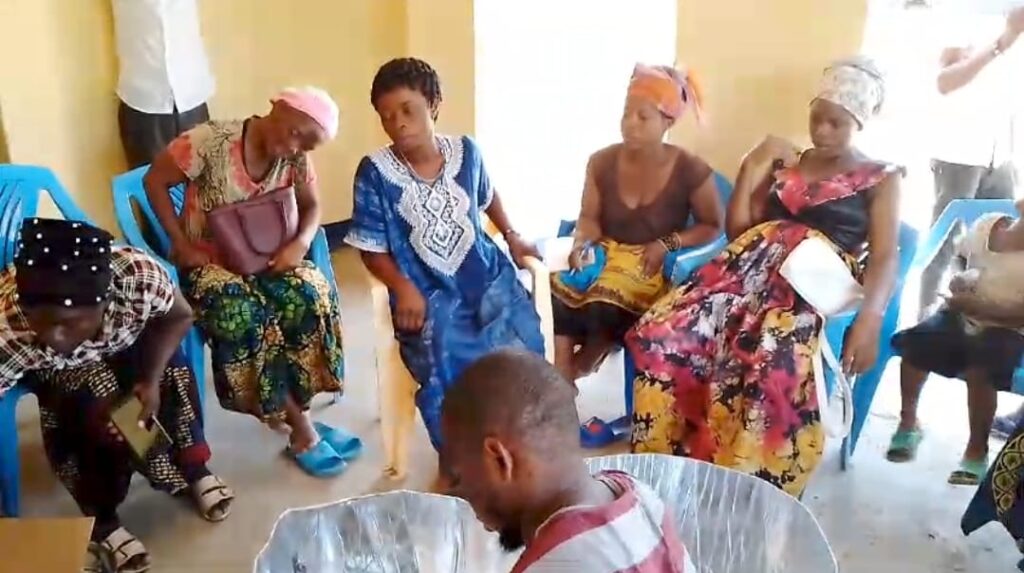
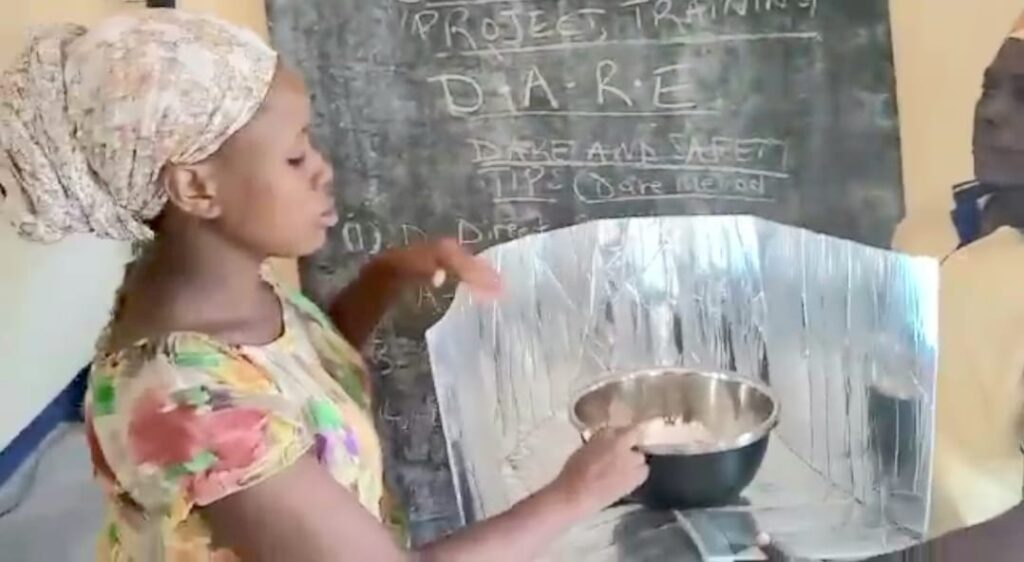
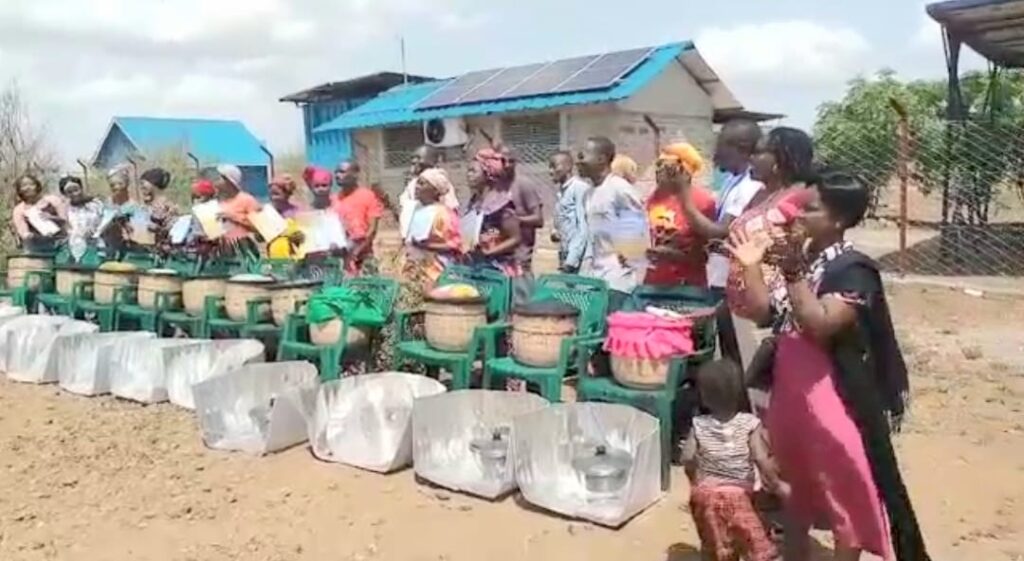
Permaculture
YEDA empowered them with the knowledge and skills to transform the land. They didn't just tell us what to do; they showed us, step by step, how to create sustainable gardens. Now, thanks to YEDA, we're growing our own food and providing for our families."
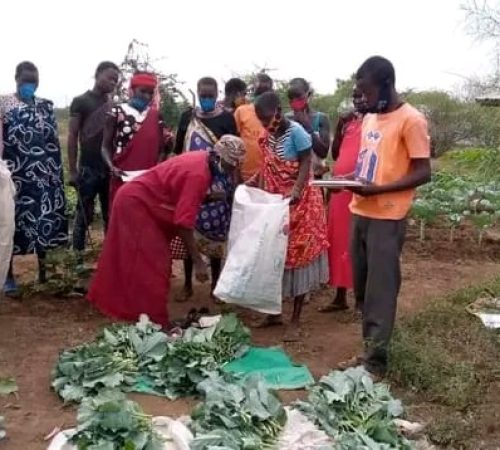
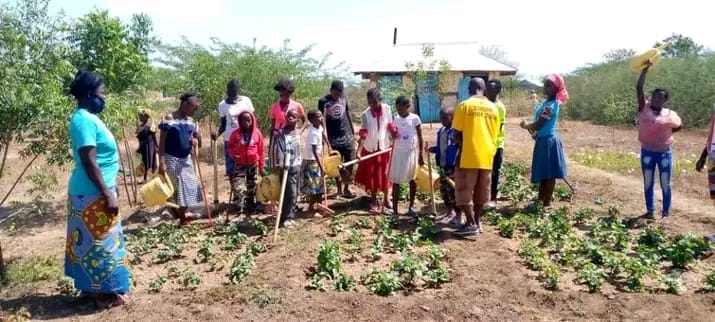
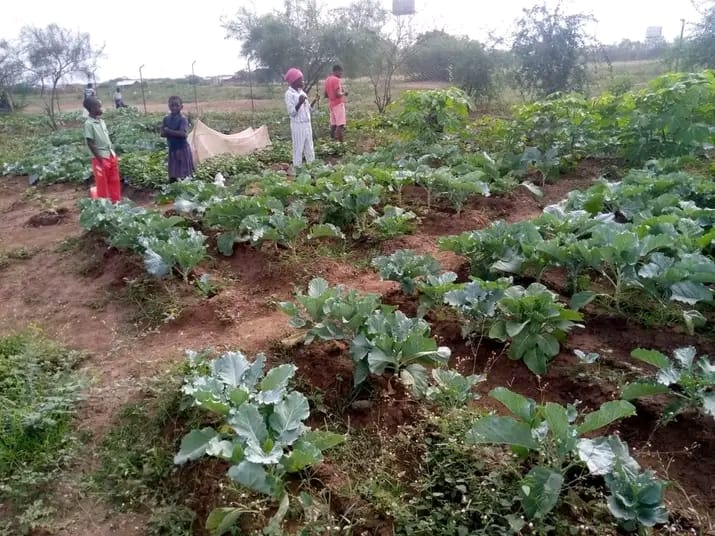
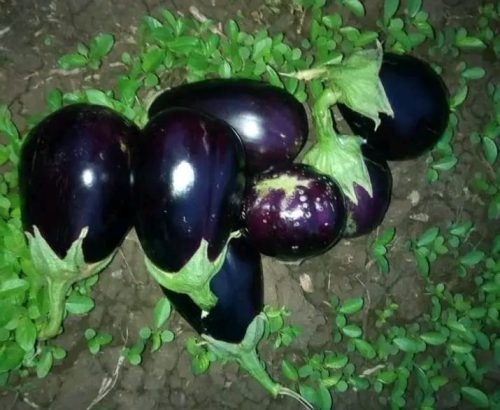
Tailoring
In the bustling heart of Kakuma, a refugee camp challenged by limited resources and economic opportunities, YEDA (Youth Education and Development Association) has woven a thread of hope through its tailoring program. This initiative transcends the simple act of sewing, becoming a powerful tool for empowerment, skill development, and economic resilience within the community.
The program's focus on entrepreneurship is crucial. Participants are encouraged to develop their own tailoring businesses, creating opportunities for self-employment and economic growth within the community. This entrepreneurial mindset fosters innovation and resilience, enabling individuals to adapt to changing market conditions.
Moreover, the tailoring program promotes cultural preservation. By teaching traditional tailoring techniques, YEDA helps to preserve cultural heritage and pass on valuable skills to the next generation. This cultural component adds depth and meaning to the program, connecting participants to their roots and fostering a sense of pride in their craftsmanship.
YEDA helps connect graduates with potential customers and market opportunities, ensuring that their skills can be put to practical use.In Kakuma, where challenges abound, YEDA's tailoring program stands as a testament to the power of skill development and community empowerment. It is weaving together a brighter future for the residents, one stitch at a time.
FOR THE LEGAL AID PROGRAMS
YEDA Justice Centre, is a unique center where trained YEDA paralegals give legal aid and advice to refugees within Kakuma refugee camp. The issues that YEDA Justice center want to address are access to Legal aid in cases of Birth and death certificate, police harassment, protection issues
ID and Documentation issues including expired documents as well as delayed issuance of refugee IDs, and accessing business permits. YEDA paralegals would be able to represent the refugees in police station in case of arbitrary arrest and as well as a legal representation in tribunal where cases involving refugees maybe happening.
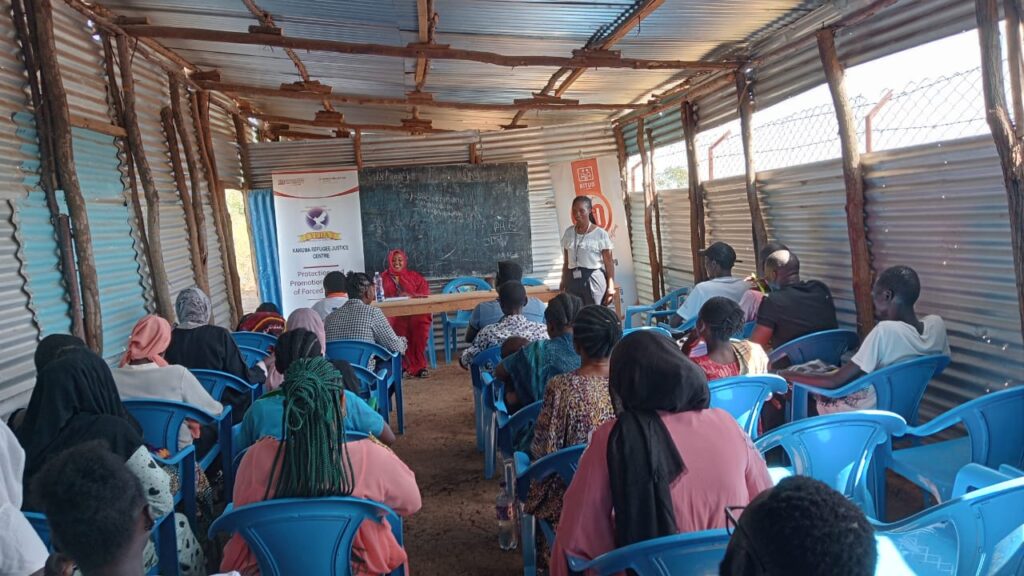
Refugees in Kakuma face various legal challenges
Issues related to refugee status determination. Gender-based violence. Disputes over resources. Challenges related to documentation.
Protection of Rights
Refugees often face complex legal situations, and legal aid ensures their fundamental human rights are protected. This includes rights related to asylum, safety, and freedom from discrimination.
Access to Justice
Legal aid provides a pathway to justice for those who may not otherwise have the means to navigate the legal system. This is particularly important in cases of gender-based violence, arbitrary detention, or other forms of abuse.
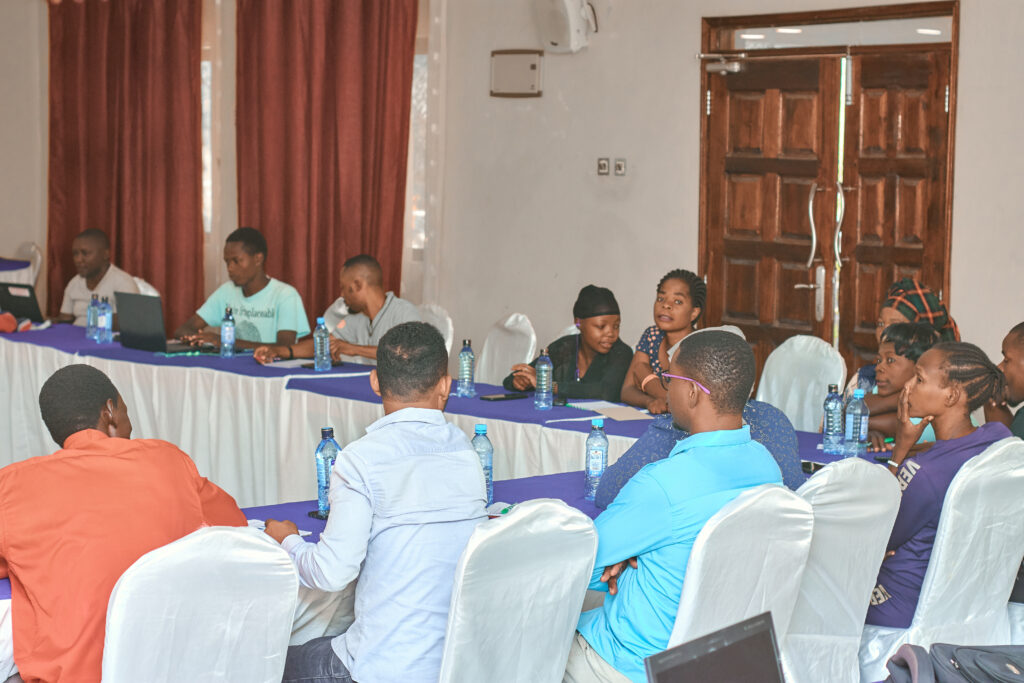
It's important to recognize that providing legal aid in a refugee camp setting presents unique challenges, including limited resources, language barriers, and cultural differences. However, the work of organizations like RCK and UNHCR is essential for ensuring that refugees in Kakuma have access to justice and protection.
